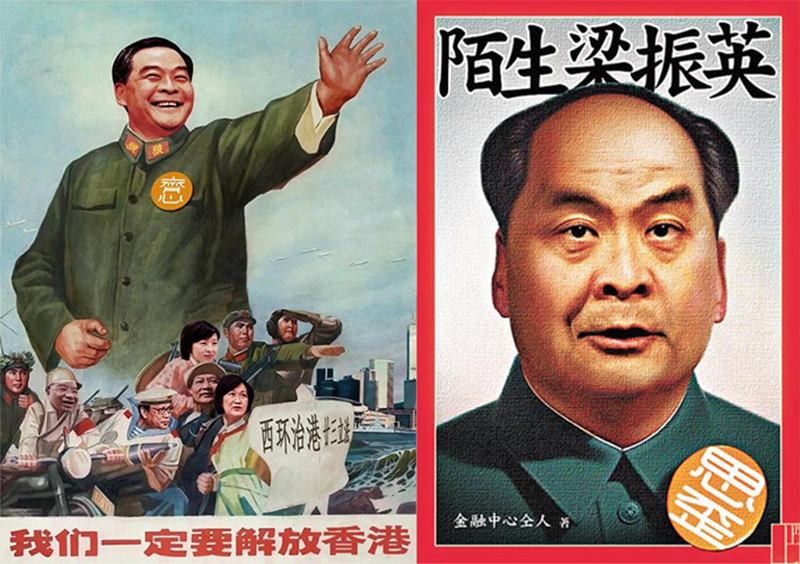The controversial Copyright (Amendment) Bill 2014, which will receive a second reading at the legislature next week, will not restrict freedom of speech, Secretary for Commerce and Economic Development Gregory So Kam-leung has said.
The amendment bill has been dubbed “Internet Article 23” – Article 23 being Hong Kong’s ill-fated national security law. The bill is intended to extend the protection of copyright owners to the internet. Netizens, internet freedom advocacy groups and lawmakers have expressed concerns, however, that it could limit the creation and distribution of derivative works, as it did not include an open-ended exemption for “user generated content”, a “contract override” nor a “fair use” term.

Under the new bill to be discussed, netizens could be prosecuted for the offence of obtaining “access to a computer with intent to commit an offence or with a dishonest intent”. They may face legal action from copyright owners if they use copyrighted material for remixes.
‘Innovation and creation’
Gregory So said he had been working with lawmakers to try to answer their questions on the bill. “The Copyright (Amendment) Bill will not restrict any freedom of speech, [the government] is doing the related work in accordance with the international standard,” So said.
He also said that the trading of intellectual property would help to develop the economy, as it would create a good environment for innovation and creation. So said that he hoped people can look positively at the big picture.
Chief Executive Leung Chun-ying said at an intellectual property rights event that he hoped LegCo would pass the bill as soon as possible to protect copyright owners and benefit stakeholders.

The bill has included a “fair dealing” term following consultations in 2013. It states that using copyrighted works for purposes such as parody, satire, pastiche, caricature, criticism, review, quotation, education, research and news reporting will not be an infringement of copyright.
Derivative works
However, netizens do not feel assured, as the exemptions may not cover derivative works such as performers who cover songs, artists who self-publish comic remixes, internet users who live-stream game playing and song lyrics rewriting. Such activities may be considered criminal offences.
Groups including Keyboard Frontline, Copyrights & Derivative Works Alliance, Progressive Lawyers Group and Scholarism have signed a petition to urge the government to state in the bill that the criminal offence of obtaining “access to a computer with intent to commit an offence or with a dishonest intent” will not be applicable to works covered in the bill and that netizens would not be prosecuted for creating derivative works.

The groups also requested that the government include a “contract override” term, which would override the contractual terms imposed by the copyright owners to prohibit parody.
They urged lawmakers to support amendments which include “contract override”, “user generated content” protection and “fair use” terms, or they should reject the bill, in order to express their determination to protect derivative works and internet freedom.
More than 55,000 people had signed the petition as of Thursday.

Lawmaker Raymond Wong Yuk-man is to start a filibuster to stall the bill by proposing over 900 amendments. Lawmaker Ray Chan Chi-chuen also said he will join the filibuster, and has proposed an amendment to the bill to include “fair use” term.
The Democratic Party will be discussing its stance on the bill at an internal meeting on Thursday night.
